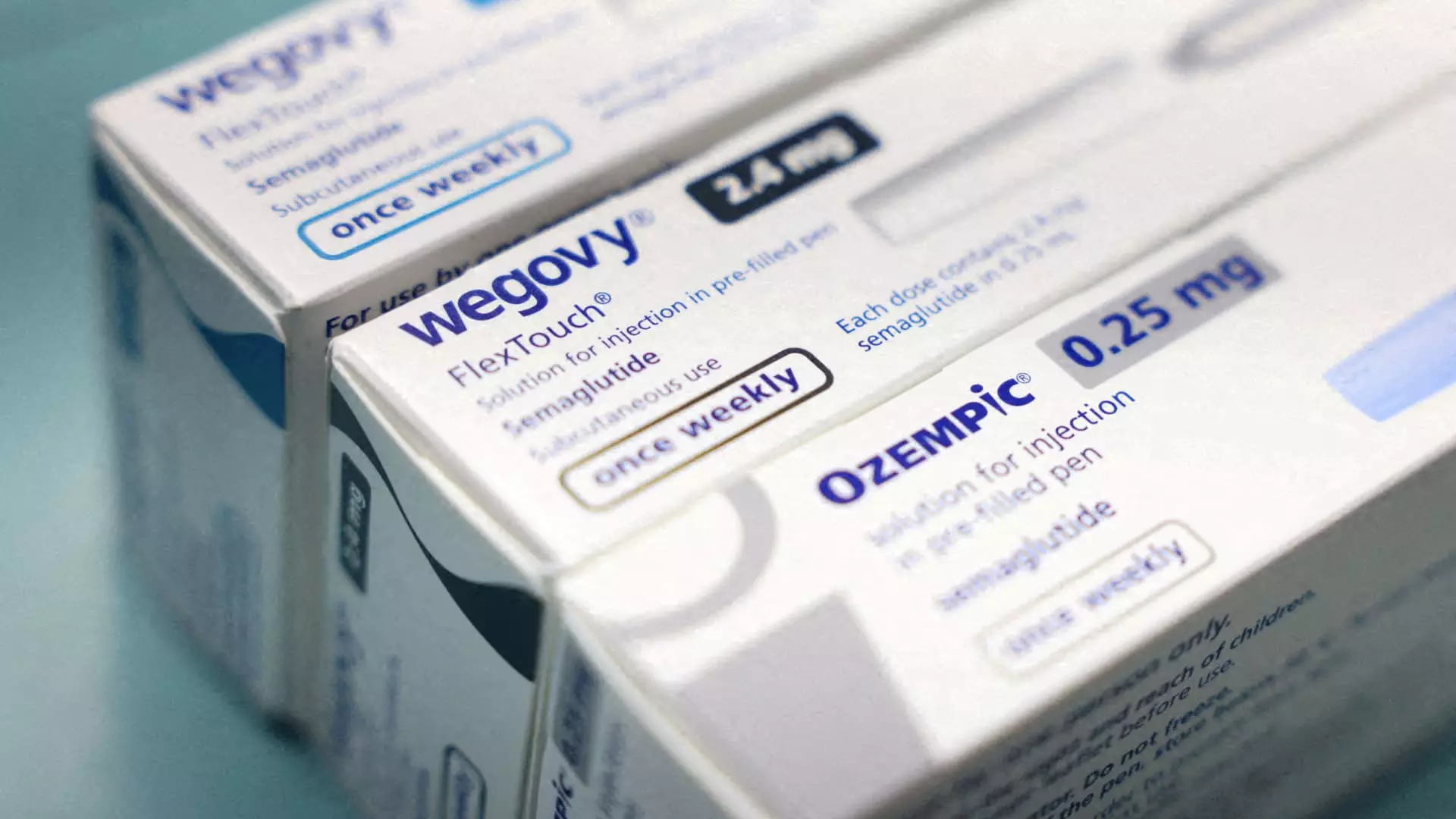The resolution of the U.S. shortage concerning Novo Nordisk’s well-known weight loss drug, Wegovy, and diabetes medication, Ozempic, is a significant development for both healthcare providers and patients. As announced by the U.S. Food and Drug Administration (FDA), after more than two years of drastic supply limitations, the situation has finally stabilized. However, this resolution brings with it a variety of repercussions, primarily affecting compounding pharmacies, healthcare access, and the broader pharmaceutical market.
Since 2022, there has been a notable shortfall in the availability of semaglutide, the active substance in both Wegovy and Ozempic. The shortage resulted from a dramatic surge in demand, fueled by rising rates of obesity and diabetes across the U.S. As Novo Nordisk and its competitor Eli Lilly scrambled to meet the increasing demands for their weight management and diabetes treatments, the limitations on semaglutide production became glaringly evident. Both companies have since invested large sums to expand their manufacturing capabilities, a move that appears to be successfully addressing the supply crisis.
The FDA’s recent proclamation that Novo Nordisk has sufficiently bolstered its manufacturing and supply chain to fulfill current and anticipated demand addresses a critical healthcare need. Nonetheless, the FDA also cautioned that some localized supply disruptions could still occur as products make their way through various supply chains to pharmacies, highlighting that the issue, while on the mend, isn’t completely resolved.
While the declaration from the FDA may herald the end of the shortage, it puts compounding pharmacies in a precarious position. For over two years, these pharmacies have been able to create and market unapproved versions of Wegovy and Ozempic to fulfill patient needs. However, the FDA’s resolution means these pharmacies are now compelled to discontinue such practices within 60 to 90 days. It is a dual-edged sword; on one hand, it ensures patients receive FDA-approved medications, which are subject to rigorous standards of safety and efficacy, but on the other, it limits patient options and potentially raises costs.
Many patients have relied on the unapproved formulations largely because they were less expensive alternatives. The FDA’s stance implicitly underscores the safety risks associated with obtaining medications from unregulated sources, where quality and efficacy cannot be assured. Following the announcement, stock prices reflected these tensions; shares of Novo Nordisk experienced an almost 5% increase, while those of Hims & Hers, a telehealth provider that dispensed compounded versions of the drugs, plummeted over 25%.
The reinstatement of a stable supply of semaglutide will alter the competitive landscape significantly. Analysts speculate that the weight loss drug market could exceed $150 billion annually post-2030, making it increasingly indispensable for pharmaceutical companies to strategize effectively. With the supply issues resolved, Novo Nordisk is now better positioned to challenge Eli Lilly in this burgeoning market.
The FDA’s decision not only assures consumers of the availability of legitimate medications but may also foster greater consumer confidence in the healthcare system as a whole. Additionally, the pressures that compounding pharmacies face can lead to a more regulated and predictable pharmaceutical environment, benefiting both patients and healthcare providers in the long run.
The FDA’s announcement signifies more than just the end of a two-year shortage; it reflects broader trends in healthcare access, safety, and market dynamics. While the resolution brings challenges for compounding pharmacies, it simultaneously promises a more streamlined, safer, and effective supply of vital medications for patients grappling with obesity and diabetes. However, it remains crucial for healthcare stakeholders to navigate these changes thoughtfully, ensuring that all patients receive safe and affordable access to the care they require. With the landscape rapidly evolving, ongoing dialogue among healthcare providers, pharmaceutical companies, and regulatory bodies will be essential in shaping the future of medical treatments related to weight management and diabetes.

